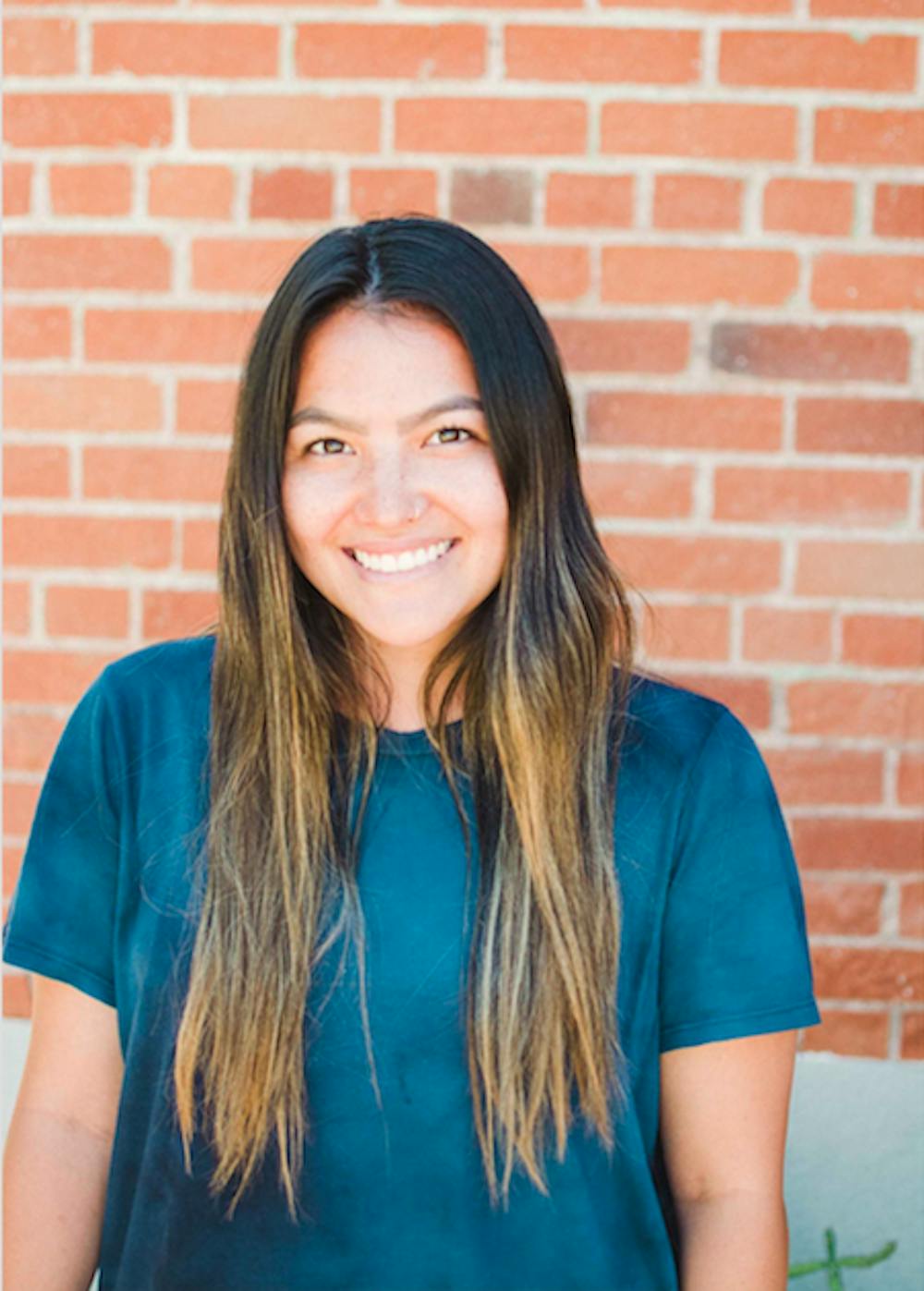Among the many customs associated with my upbringing as a Native Hawaiian, few were held with such sanctity as traditional Hawaiian dance. As a child, dancing to “Hanalei Moon” with my ʻohana was not just a family tradition, but a means of maintaining spiritual and genealogical expression.
Upon moving to the continental states, I was disappointed to witness a significant practice such as hula be treated as entertainment and depicted in culturally offensive ways. With lūʻau season approaching, I am reminded of the ways my community often misunderstands and misrepresents the language and cultural practices of Native Hawaiians.
As a young Kanaka ʻŌiwi living in the continental states, I have become keenly aware of many Americans’ perceptions of Hawaiʻi. Americans’ flawed understanding of Hawaiʻi’s political and racial tensions is a result of the perpetual erasure of indigenous histories.
At the University of Portland, I have seen how indigenous perspectives are subordinated and culturally diverse groups are homogenized. Examples include the tendency to classify every student from Hawaiʻi as “Hawaiian,” the general categorization of Pacific Islanders (despite the hundreds of nations and states that exist in the Pacific Ocean), and the appropriation of Native Hawaiian cultural practices like lūʻau.
Universities across the country have integrated lūʻau as a means of encouraging cultural exchange. While I support activities shaped by the experiences of communities of color, I have concerns about lūʻau being represented in ways that fail to communicate respect and authenticity.
In every context, we have a responsibility to be intentional of the communities we create and to engage in respectful practices. When I attended a Hawaii Club lūʻau last year, I watched as men with sharpie tattoos performed the haka, a Māori war dance, in ways that caricatured the experiences of Maori people without any attention to the cultural and historical context in which the dance was developed and performed. I listened to the laughs of my haole peers as significant cultural practices were reduced to mere entertainment. The experience lacked adequate context and failed to honor the sacrifices of my ancestors who dedicated their lives to cultural revitalization.
The commodification of the Native Hawaiian experience, which gave birth to lūʻau events in the continental states, can be traced to the rise of the tourism industry in Hawaiʻi in the early 20th century. To many Americans, Hawaiʻi is perceived as an escape from the fast-paced American lifestyle.
Hawaiʻi is the personified Western image of the Native woman. Her exotic allure is a false state of mind, a fantasy that was created and exploited by the American-backed tourism industry. Haunani Kay-Trask refers to this exploitation as the prostitution of Native Hawaiian culture, which can be seen in ad campaigns that sexualize our culture by covering it in grass skirts and coconut bras. Exoticizing Hawaiʻi is problematic because it portrays native culture as a “Hawaiian” brand that can be consumed by individuals and corporations for social and economic benefit.
Lūʻau performed by non-Hawaiian individuals is problematic for several sociopolitical and historical reasons. Hula, the primary form of dance featured at lūʻau, was once banned due to the influence of missionaries who thought it promoted heathen beliefs.
Cultural practitioners created hula auana and hula kahiko to distinguish events from ordinary tourist shows, and to encourage “authentic” hula performances. Kahiko, the ancient dance, involves specific oli (chants) and dress code that are often absent in mainland lūʻau.
Regarding Native Hawaiian language, Western influence led to the creation of schools that followed the same English-only model used for American Indian boarding schools. The Hawaiian language was outlawed, parents and teachers caught speaking Hawaiian would have their employment terminated, and children were physically punished for speaking Hawaiian at school. For Native Hawaiians, being able to partake in our own culture is not a right that has been afforded to us.
When non-indigenous individuals, including those from Hawai’i, participate in lūʻau, they unwittingly participate in a long tradition of theft and denial. Without intending to, their participation contributes to hurt and mistrust between indigenous and non-indigenous Pacific Islanders.
When we witness the appropriation of our cultural practices and language, it creates for many of us a collective, subconscious feeling of anxiety about living in the mainland. In her discussion of “false lūʻau’s,” scholar Anne Keala Kelley wrote, “embedded in every American theft is the denial of that theft, be it theft of land, culture, nationhood, all the things that define a people, all that they need to survive as a people.”
After experiencing hundreds of years of theft and unresolved pain, we need the support of our non-indigenous brothers and sisters. We must all learn to engage with other cultures beyond an aesthetic level and treat moments of cultural sharing like creative collaborations — giving credit where it is due and providing social and political context for traditions.
To promote respectful engagement with Native Hawaiian culture, educate yourself about the meaning and significance of indigenous practices and traditions in their original context. When planning any cultural event, it is important to consider representation: Who is at the table? How are we in conversation with others to ensure respectful and thoughtful engagement with this cultural practice? Hula should not be something others partake in just because it is fun, and lūʻau should not be performed simply for entertainment. A famous Hawaiian proverb reads, “nana i ke kumu”: Look to the source. It is an insightful admonition to remember and respect the cultural roots of Hawaiʻi and all of Polynesia.
Kilohana Haitsuka is a senior double majoring in psychology and social work. She can be reached at haitsuka18@up.edu and also goes by Reis.








